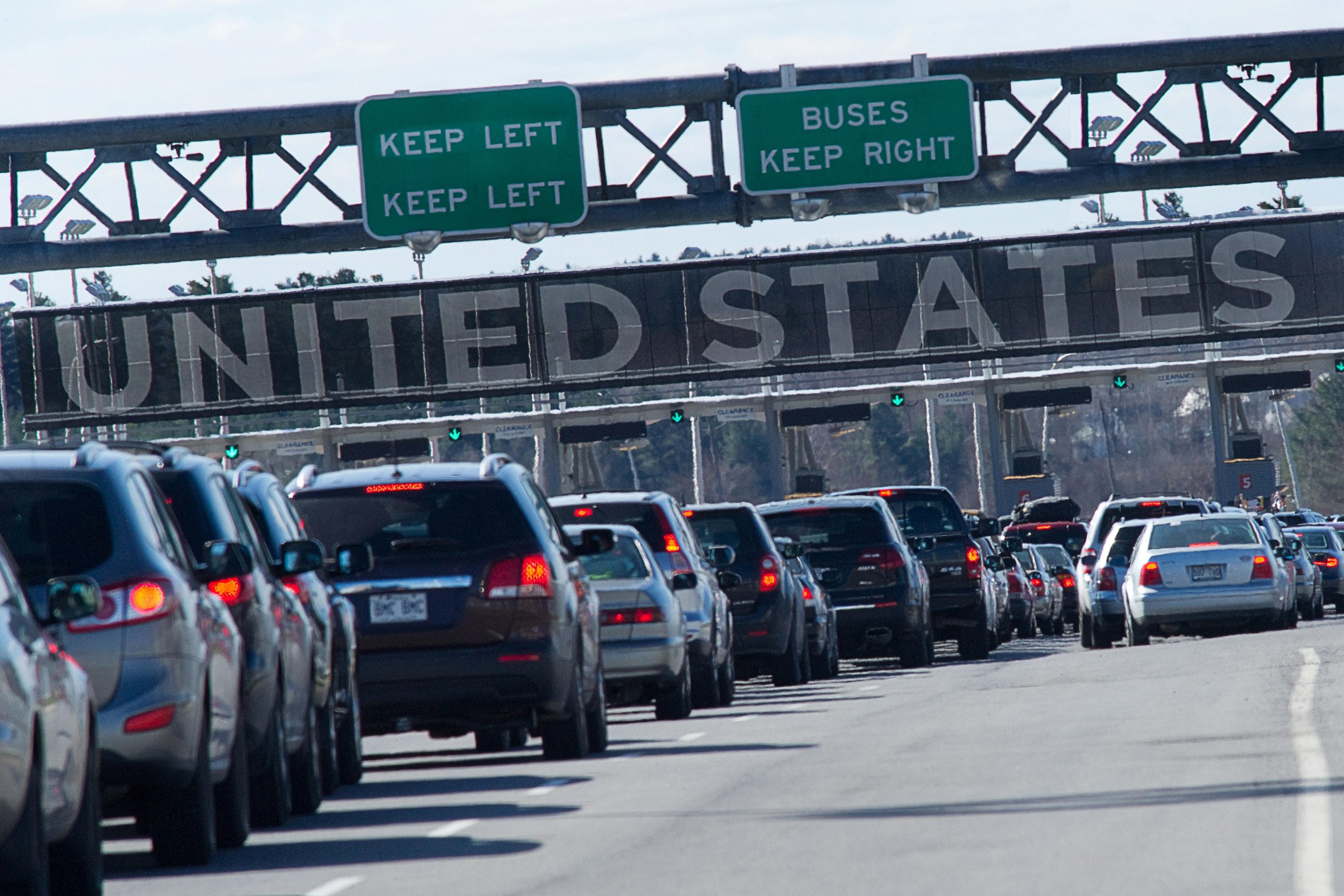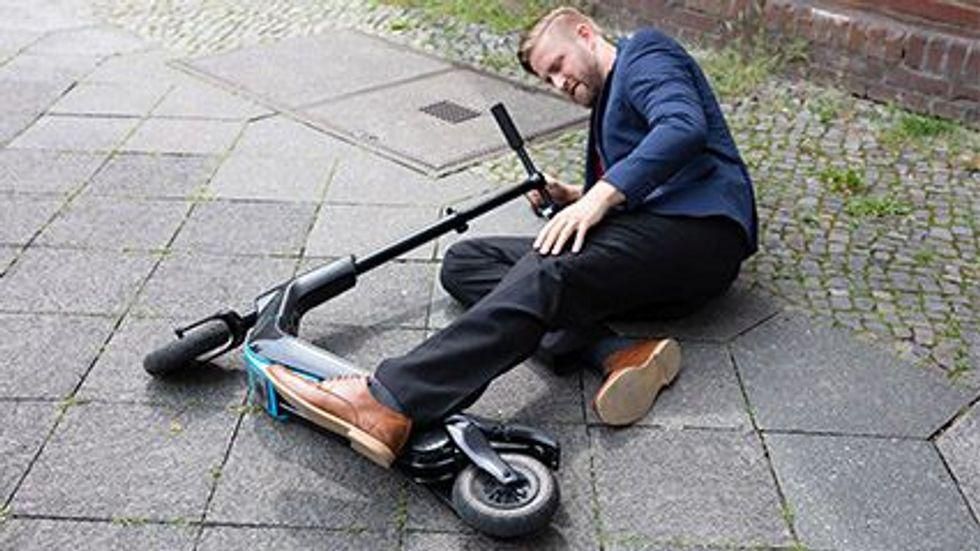
If your teen is itching to get behind the wheel, new research underscores the importance of signing them up for driver’s education. The study found that driver training and graduated licensing significantly reduced young newbies’ risk of crashes. “With comprehensive licensing requirements, these younger drivers can perform better than older novice drivers who are exempt… read on > read on >






























